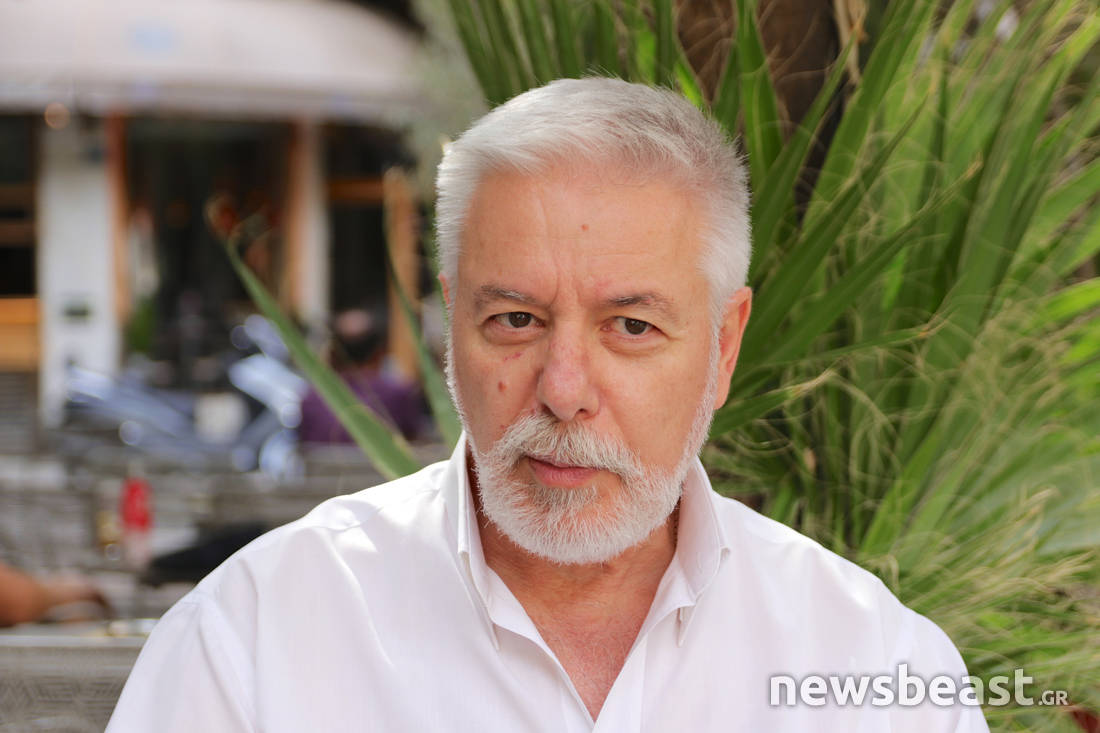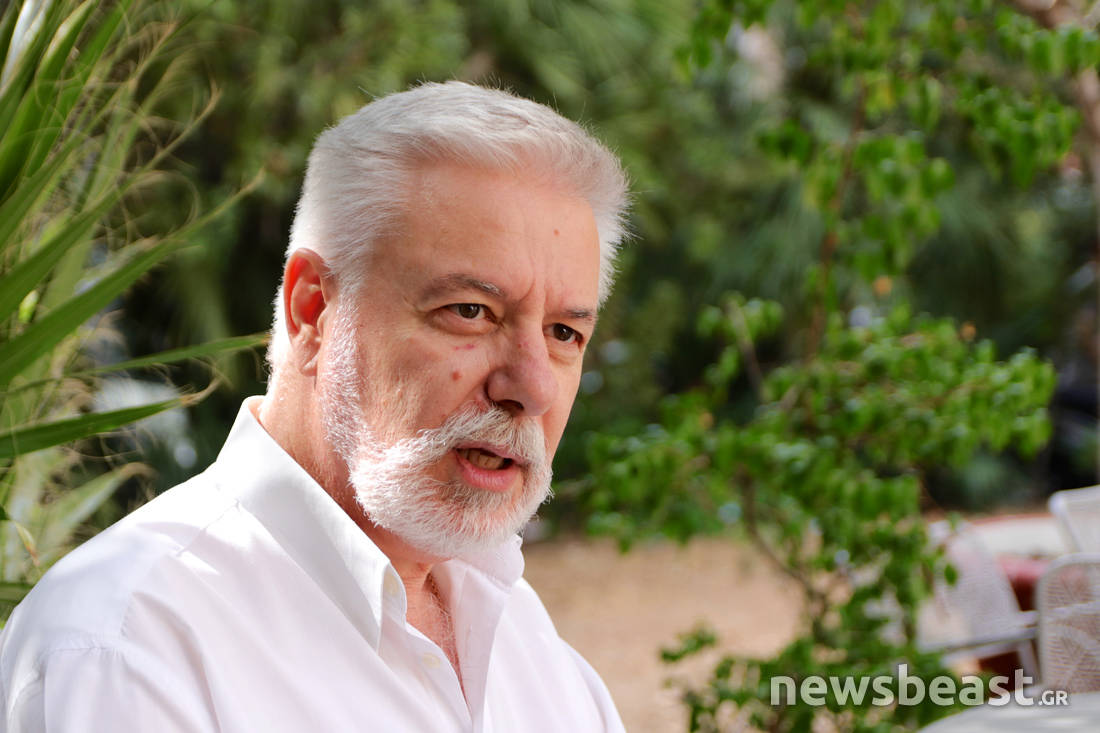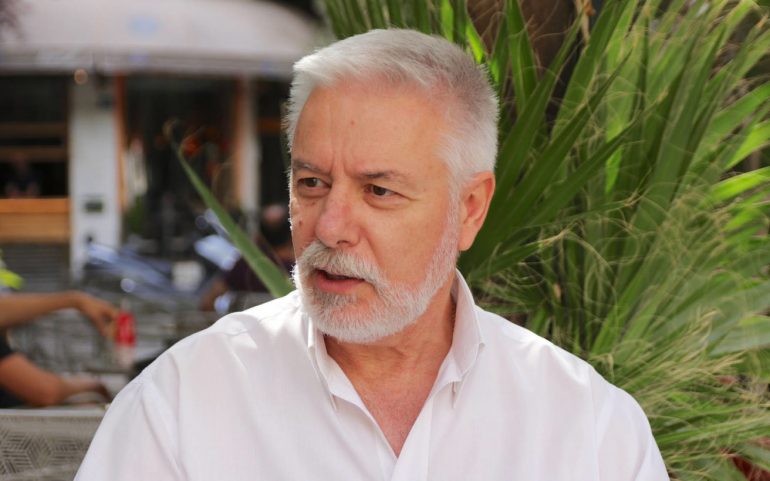They acrobatic on a tightrope, as in one word human lives are judged, when they are called to take the chestnuts out of the fire in cases of hostages, kidnappings, suicide attempts. Invisible heroes, with knowledge of psychology and negotiation techniques, who act quietly and coolly and successfully manage to save human lives without often spilling a single drop of blood.
The reason for its Hostage and Crisis Negotiation Team Police, which is ranked in the top respective teams throughout Europe, since in its assets it has great success in incidents that had shocked the nation and that it was called to manage.
Who will forget the bus robbery in Gerakas, Attica in 2004, the uprising in Corfu prisons in 2008, the abduction of Panagopoulos in 2009, or the robbery with a bank hostage in Piraeus in 2010? Incidents that had monopolized the interest of the media and that thousands of viewers watched the developments with bated breath. In all the above cases, the contribution of the experienced men of the negotiating team of EL.AS. was more than decisive, as all incidents had a positive outcome.
"The negotiating team offers unconventional solutions beyond what we know about the Police. It offers the resolution of incidents in the best way, without endangering life or physical integrity ", explains to newsbeast.gr Mr. Andreas Konstantakopoulos, one of the first negotiators of the Greek Police, who during his career as a negotiator was treated with great success critical events. With a specialization in "Crisis Negotiations" and training from Scotland Yard and the FBI, Mr. Konstantakopoulos - retired lieutenant general and president of the Greek Negotiators Association today - is the man who literally knows very well how to make you hang from his lips .

As coordinator of the Negotiating Team, he is the one who in 2010, after marathon negotiations, put an end to the "thriller" of the hostage-taking of 17 people at the branch of the National Bank in Piraeus, when an armed perpetrator who was trapped during robbery, raided the bank holding hostage 14 customers and three bank employees. After at least 2,5 hours of negotiation, he managed to persuade the perpetrator to slowly release the hostages, hand over the weapon and the two grenades he was holding and finally surrender, without the intervention of EKAM, which had cordoned off the area and without any injury to an innocent citizen.
"Being a negotiator is soul-destroying, because you always face people who, at least at best, will be in crisis. This means that they have to forget their own problems, to overcome the fatigue they may have and above all they have to manage themselves ", she explains, while revealing some of the techniques used by her negotiators. Of the Greek Police at the critical moment when they have in front of them a kidnapper or someone who holds innocent citizens hostage. According to Mr. Konstantakopoulos, a negotiator hides a toolbox in his "quiver", but because each incident is unique, it is very important to be caught by the keywords and emotions of the perpetrators and to work on them.
The Hostage and Crisis Negotiation Team of EL.AS. was established in 2002 to meet the security needs of the 2004 Olympic Games held in Athens. The purpose of the team was to manage incidents that might occur during the games.
The first group of negotiators was staffed by 22 officers Police and the Coast Guard and were trained by experienced Scotland Yard trainers.

Through hard and persistent training, the Greek negotiators acquired the necessary know-how to be ready to successfully deal with issues of terrorism, hostage-taking and kidnappers.
Since then until today the group of negotiators has grown and now numbers about 120 active members throughout Greece, while participation in the group of negotiators is voluntary. A basic condition is to pass a series of psychology and aptitude tests, while from time to time they are re-examined by a special committee composed of negotiators, psychiatrists and psychologists. Men from the Special Repression Counter-Terrorism Unit (EKAM) also participate in their training, as they are often called upon to deal with critical incidents together.
As for the media that are called to cover critical journalistic incidents of hostages and kidnappings, Mr. Kostantakopoulos's instruction is to move as discreetly as they can, because many times, by broadcasting information about what is happening outside, you essentially enable the perpetrator, who is huddled and held hostage, to know the prevailing image, enabling him to plan his next steps. This complicates the work of the negotiators. "No one can bear the cost of a human life, because we have to show a picture," he says characteristically.
